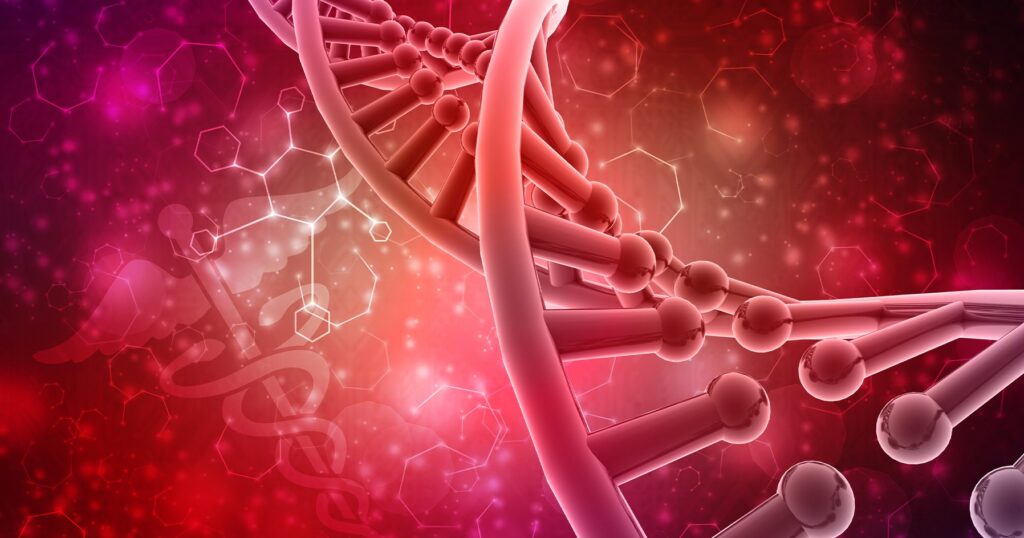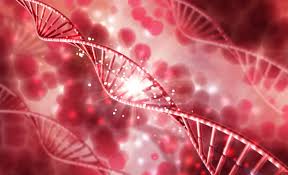The Role of Hormones in IVF: How They Affect Fertility and Egg Quality

Introduction
In-vitro fertilization (IVF) has opened doors for countless couples struggling with infertility, offering hope and the possibility of parenthood. Yet behind every successful IVF cycle lies a delicate hormonal balance — a symphony of chemical messengers that regulate ovulation, egg development, and embryo implantation. Understanding how these hormones work not only helps you appreciate the science behind IVF but also empowers you to make informed decisions throughout your fertility journey.
In this blog, we’ll explore the key hormones involved in IVF, their specific roles, and how they influence fertility and egg quality.
Understanding the Importance of Hormones in Fertility

Hormones act as the body’s internal communication system. In women, they regulate the menstrual cycle, prepare the ovaries for ovulation, and support a healthy uterine environment for embryo implantation. When this system functions smoothly, it enhances the chances of natural conception. However, if hormonal imbalances occur — such as irregular ovulation or low progesterone levels — conception can become difficult.
During IVF, fertility specialists use carefully monitored hormonal medications to mimic and optimize these natural processes. This ensures that multiple eggs mature and are ready for retrieval, increasing the odds of success.
The Key Hormones Involved in IVF
Let’s take a closer look at the main hormones that play a vital role in the IVF process and their specific effects on fertility and egg quality.
1. Follicle-Stimulating Hormone (FSH)
Role in Fertility:
FSH is one of the first hormones to act during a woman’s menstrual cycle. It stimulates the growth of ovarian follicles, each containing an immature egg.
In IVF Treatment:
Doctors often prescribe synthetic FSH injections to encourage the ovaries to produce multiple mature eggs instead of just one. This is called controlled ovarian hyperstimulation (COH). The number and quality of eggs retrieved directly depend on how well the ovaries respond to FSH stimulation.
Effect on Egg Quality:
FSH helps eggs mature properly, but if levels are too high, it might indicate diminished ovarian reserve (fewer healthy eggs). Balanced FSH levels are essential for healthy, mature eggs that can be successfully fertilized.
2. Luteinizing Hormone (LH)
Role in Fertility:
LH works in tandem with FSH. A sudden surge of LH triggers ovulation — the release of a mature egg from the ovary.
In IVF Treatment:
Because timing is crucial in IVF, doctors use medications to control or mimic the LH surge precisely. A synthetic LH or hCG (human chorionic gonadotropin) injection is often administered to induce final egg maturation just before retrieval.
Effect on Egg Quality:
A well-timed LH surge ensures eggs reach full maturity, ready for fertilization. Improper timing or imbalance can lead to immature eggs, reducing IVF success rates.
3. Estrogen (Estradiol)
Role in Fertility:
Produced by developing follicles, estrogen thickens the uterine lining (endometrium) to prepare for embryo implantation. It also signals the pituitary gland to control FSH and LH levels.
In IVF Treatment:
Doctors monitor estradiol levels (E2) to track follicle growth and egg maturation during stimulation. A gradual rise in estrogen indicates that the ovaries are responding well.
Effect on Egg Quality:
Optimal estrogen levels support proper follicular development. However, excessively high levels can increase the risk of ovarian hyperstimulation syndrome (OHSS) or affect egg quality.
4. Progesterone
Role in Fertility:
Progesterone is the hormone of early pregnancy. After ovulation, it stabilizes the uterine lining, making it receptive to an embryo.
In IVF Treatment:
After egg retrieval, the body’s natural progesterone levels may drop, so doctors prescribe progesterone supplements to support implantation and early pregnancy.
Effect on Egg Quality:
Although progesterone doesn’t directly affect egg development, it is crucial for sustaining the uterine environment that allows a fertilized egg to implant and grow.
5. Human Chorionic Gonadotropin (hCG)
Role in Fertility:
This is the hormone detected in pregnancy tests, produced naturally by the body after implantation.
In IVF Treatment:
Synthetic hCG is used to trigger final egg maturation before retrieval. It mimics the natural LH surge and ensures eggs are ready for fertilization.
Effect on Egg Quality:
A correctly timed hCG trigger optimizes egg maturity. Mistiming or inadequate dosage may result in immature or overripe eggs, affecting fertilization outcomes.
6. Anti-Müllerian Hormone (AMH)
Role in Fertility:
AMH reflects a woman’s ovarian reserve — the number of eggs remaining in her ovaries.
In IVF Treatment:
Doctors measure AMH before starting IVF to determine how well your ovaries are likely to respond to stimulation.
Effect on Egg Quality:
While AMH doesn’t directly improve egg quality, it gives important insight into how many eggs can be retrieved and how the ovaries will react to fertility medications.
How Hormonal Balance Affects Egg Quality
Egg quality is one of the most critical factors influencing IVF success. Poor-quality eggs are less likely to fertilize or develop into healthy embryos. Hormones like FSH, LH, and estrogen work together to ensure eggs mature properly with healthy chromosomes and strong cellular integrity.
Imbalances — whether due to age, stress, polycystic ovary syndrome (PCOS), or thyroid issues — can interfere with egg development. That’s why fertility specialists often adjust medication dosages and monitor hormone levels closely during every IVF cycle to maintain the right balance.
Connection Between Hormones, Age, and Fertility
As women age, hormone levels naturally shift. FSH levels tend to rise while estrogen and AMH decline. These changes can make it harder to produce high-quality eggs and achieve pregnancy. IVF treatments help counteract these effects by using targeted hormonal therapies to stimulate egg growth and improve chances of success, even in women over 35.
Supporting Hormonal Health Naturally During IVF
While medical treatments are at the heart of IVF, lifestyle choices can also influence hormonal balance. Here are a few supportive practices:
- Maintain a balanced diet rich in antioxidants, healthy fats, and lean protein.
- Manage stress through yoga, meditation, or light exercise.
- Sleep well — hormonal regulation depends on consistent rest.
- Limit alcohol, caffeine, and smoking, which can disrupt reproductive hormones.
- Consult your fertility specialist about supplements like CoQ10 or vitamin D, which may support egg health.
Also Read: How Age Impacts IVF Success Rate in India
Conclusion
Hormones are the foundation of fertility — they control everything from egg development to implantation. During IVF, these hormones are precisely balanced to recreate and enhance the body’s natural reproductive rhythm. Understanding their role not only demystifies the IVF process but also empowers you to actively participate in your fertility journey.
With personalized hormonal management, a healthy lifestyle, and the right medical support, IVF can help many couples turn their dream of parenthood into reality.
